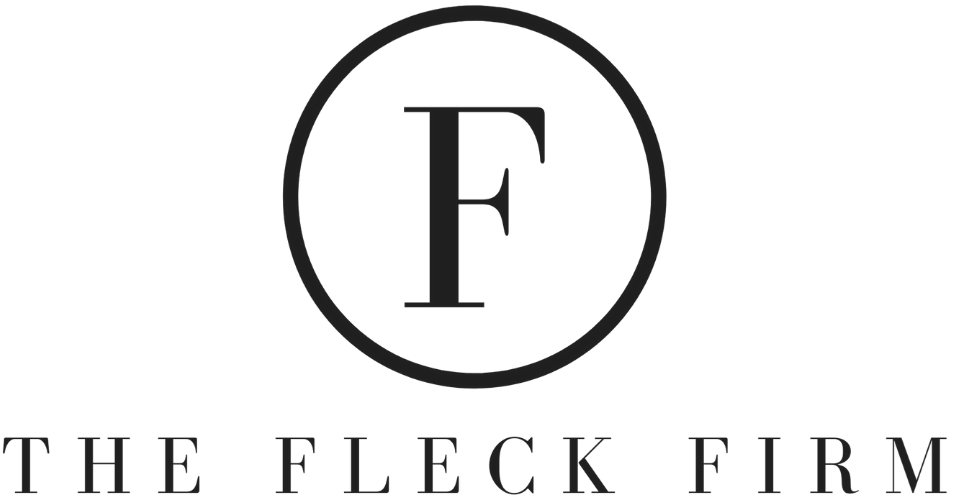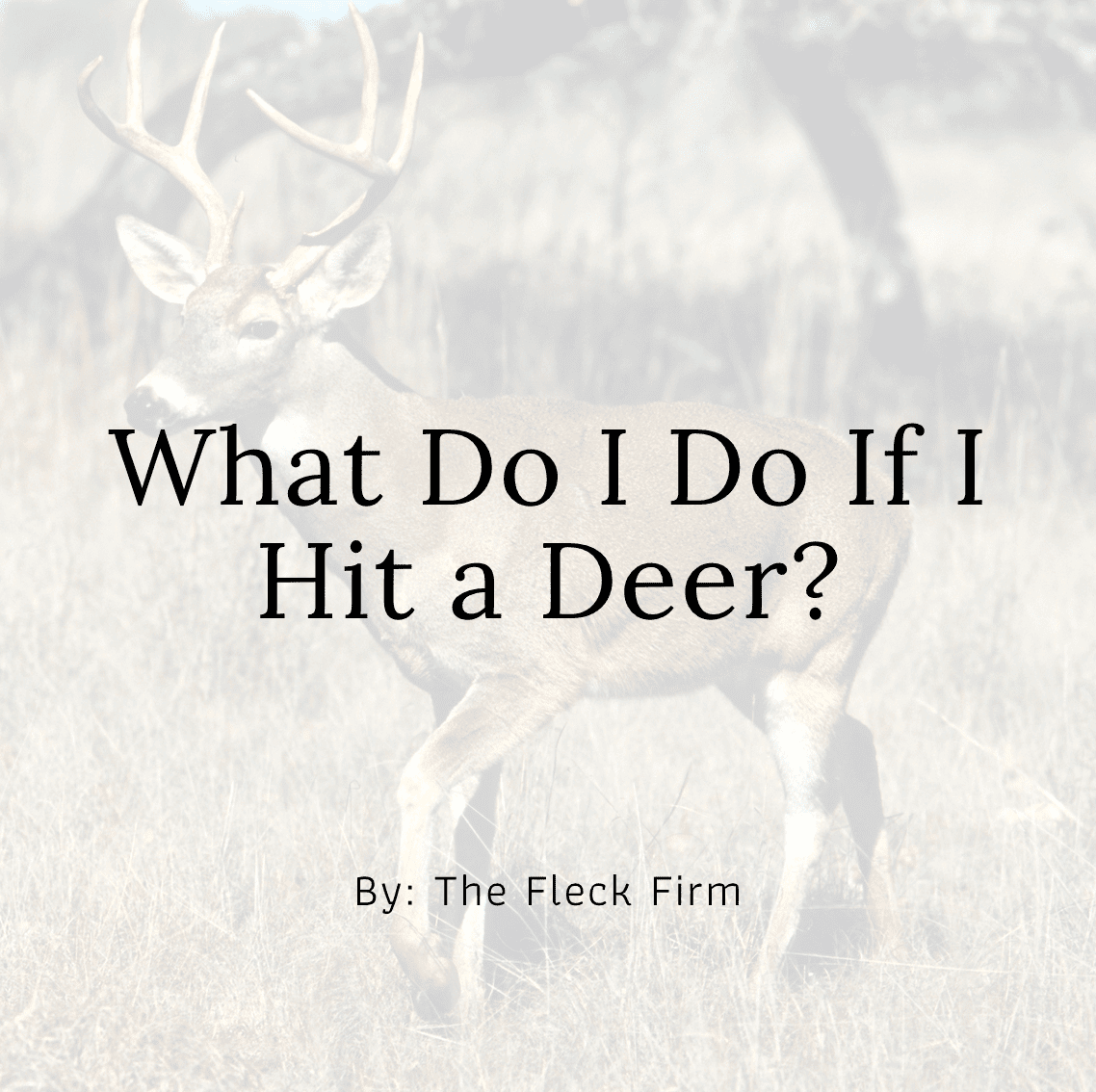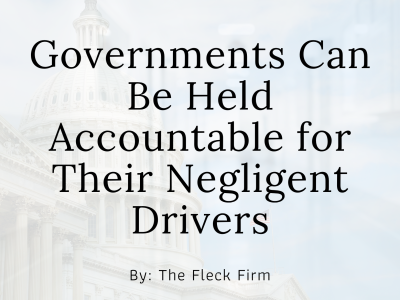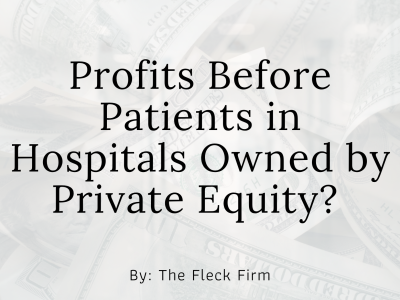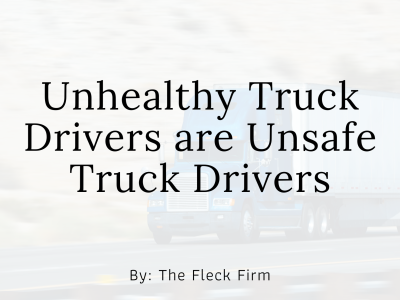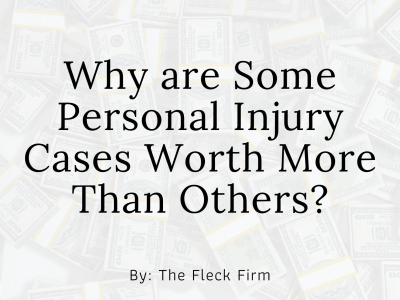Fall is the time of year with the highest risk of hitting a deer while driving. They might cause anything from minor damage to totaling your vehicle and causing a fatality. It all depends on the circumstances. Whether insurance covers the damage depends on what type of coverage you purchased.
What are My Chances of Hitting a Deer?
State Farm Mutual Automobile Insurance Co. calculated the odds by state for 2020-2021 and ranked them:
- 1st – West Virginia – 1 in 37
- 20th – Kentucky – 1 in 88
- 50th – Hawai’i – 1 in 474
Your odds also depend on where in Kentucky you live. Suburban areas may pose a greater danger than more rural Kentucky. There are more roads, and hunting deer with a rifle is too dangerous. Time of day is also an issue because deer are more active at sunrise and sunset, times when it can be tough to see the roadway and deer running onto and off it.
Nationwide, State Farm estimates drivers have a 1 in 109 chance of hitting an animal. The company states there were more than two million animal collision claims in the US from July 1, 2020, to June 30, 2021. This is an increase of nearly 200,000 claims compared to the prior 12-month period.
Other attorneys take contingent fees of 33% to 50% of your settlement.
We want you to keep more of your money.
Our contingent fee is only 30% on cases settled prior to filing suit.
Hawaii
Hawaii is a low-risk state for animal collisions.
2021-2022 Likelihood of
Collision with Animals
1 in 474
2021-2022 State Ranking
50
How Can You Prevent Hitting a Deer?
State Farm has these suggestions:
- Drive the speed limit or slower if the weather is bad or it’s dark. Speeding allows you less time and distance to stop
- Pay attention to animal crossing signs
- Use your high beams at night when it’s safe for oncoming drivers. If you see an animal in the road, flick your high beams on and off because it may run away
- Don’t swerve out of the way of an oncoming animal. You may make the crash worse by striking a tree, telephone poll, or oncoming vehicle
- If you’re approaching an animal, tap your brakes and hit the horn. Brake hard if no one’s behind you
- Deer usually won’t travel alone. They may be in a herd or be with at least one other deer. If you see one, assume there are others
- Wear a seat belt to reduce your injuries if a collision happens
- Given the additional risk of a deer strike this time of year, you have more reasons not to drive while intoxicated. If you’re speeding, distracted, and your ability to respond to a deer on the road is impaired, a crash is more likely and may be more serious
Taking these steps won’t eliminate the chances of hitting a deer, but they would be less, and the outcome may not be as severe.
Does Car Insurance Cover a Deer Strike?
Yes and no.
- Liability coverage applies to damage you cause to others, not damage to your vehicle
- Deer don’t carry insurance, and you can’t sue one no matter how negligent it is. You can, however, swear at them if you wish.
- If another driver acts negligently by trying to steer away from a deer into oncoming traffic and hits you, you may have grounds for a claim against them.
- If you’re the negligent driver trying too hard to avoid a deer strike, your insurance should defend you against a claim brought by a party you struck.
- Comprehensive coverage should pay for repairs to your vehicle, less the deductible, just as if thieves or vandals damaged it. If the damage is so severe your vehicle is totaled, you should be paid its value before the accident.
A comprehensive coverage claim for a deer hit shouldn’t have much impact on your rates unless you file several of them over time. If your insurance company isn’t being reasonable with your claim or unfairly treating you, we can help.
Have You Been Injured in an Accident or an Insurance Company Giving You the Run Around?
If an animal leads to an accident causing your injuries or your deer strike claim is going nowhere with your insurer, call The Fleck Firm to schedule a free consultation at (270) 446-7000. We’ll talk about what happened, your injuries, the law, and your best options to proceed. Insurance companies have lawyers. You should have one too.
